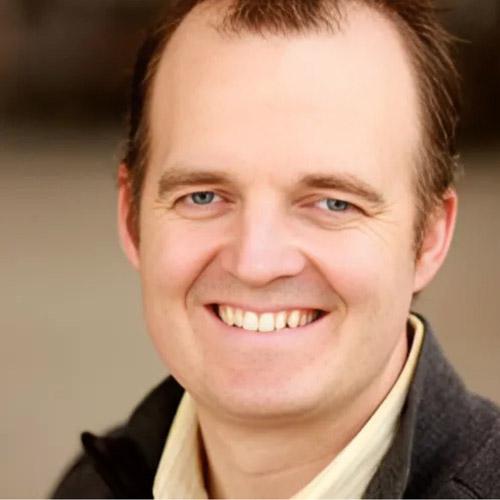Trauma and Sleep Disturbances
Presented by: Jerrod Brown, PhD
 This on-demand professional training program on Trauma and Sleep Disturbances is presented by Jerrod Brown, PhD.
This on-demand professional training program on Trauma and Sleep Disturbances is presented by Jerrod Brown, PhD.Adequate sleep is the foundation for optimal behavioral, cognitive, emotional, social, and physical health functioning. Several neurobiopsychosocial factors can impact overall sleep health. One such factor that may negatively impact sleep health is trauma. Persons impacted by trauma commonly experience sleep-related disturbances, and such issues are elevated among persons involved in psycholegal settings.
This program focuses on increasing awareness of the impact trauma has on sleep and the implications these topics have on criminal justice, forensic mental health, and legal settings. This program places special emphasis on implications for interviewing, screening, intake, intervention and discharge planning. Empirically based research findings and case study examples are highlighted throughout this program.
Upon completion of this training, participants will be able to:
Key topics covered in this training include:
Explores the role of adequate sleep in behavioral, cognitive, emotional, social, and physical health functioning
Examines the relationship between trauma and sleep disturbances, with elevated risks in psycholegal populations
Increases awareness of the impact of trauma on sleep within criminal justice, forensic mental health, and legal settings
Emphasizes practical implications for interviewing, screening, intake, intervention, and discharge planning
Highlights empirically based research findings and case study examples to illustrate concepts
Palo Alto University, Continuing & Professional Studies (CONCEPT) is approved by, recognized by, or maintains sponsorship provider status with the following boards and agencies. We maintain responsibility for all content in our CE/CPD programs. For more information, visit here.
American Psychological Association (APA): Approved sponsor of continuing education for psychologists.
Association of Social Work Boards (ASWB): Approved continuing education provider (ACE program, Provider #1480), 11/22/2023–11/22/2026.
Canadian Psychological Association (CPA): Approved to sponsor continuing education for psychologists.
National Board for Certified Counselors (NBCC): Approved Continuing Education Provider (ACEP No. 7190).
Palo Alto University, Continuing and Professional Studies (CONCEPT) is approved by the American Psychological Association to sponsor continuing education for psychologists. Palo Alto University, Continuing and Professional Studies (CONCEPT) maintains responsibility for this program and its content. Palo Alto University, Continuing and Professional Studies (CONCEPT), is approved by the Canadian Psychological Association to offer continuing education for psychologists. Palo Alto University, Continuing and Professional Studies (CONCEPT), SW CPE is recognized by the New York State Education Department’s State Board for Social Work as an approved provider of continuing education for licensed social workers #SW-0356 and the New York State Education Department’s State Board for Mental Health Practitioners as an approved provider of continuing education for licensed mental health counselors. #MHC-0073. Palo Alto University, Continuing and Professional Studies (CONCEPT) has been approved by NBCC as an Approved Continuing Education Provider, ACEP No. 6811. Programs that do not qualify for NBCC credit are clearly identified. CONCEPT Professional Training, #1480, is approved to offer social work continuing education by the Association of Social Work Boards (ASWB) Approved Continuing Education (ACE) program. Organizations, not individual courses, are approved as ACE providers. State and provincial regulatory boards have the final authority to determine whether an individual course may be accepted for continuing education credit. CONCEPT Professional Training maintains responsibility for this course. ACE provider approval period: 11/22/23-11/22/26. Social workers completing this course receive (clinical or social work ethics) continuing education credits.